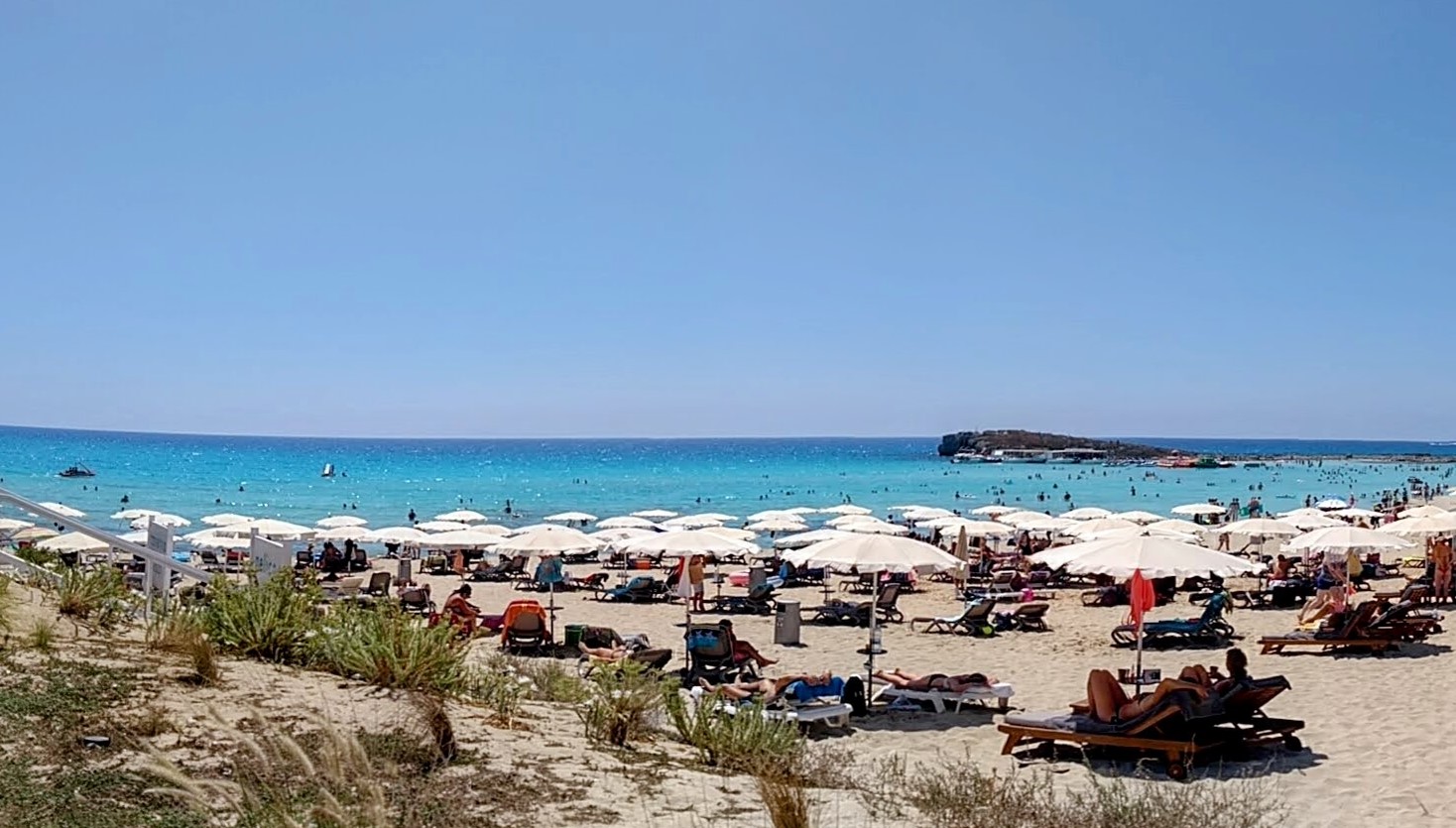Here are the top business stories in Cyprus from the week starting August 5:
The CBC governor also said that “geopolitical developments, climate change, and the critical yet unpredictable technology sector are key supervisory priorities in recent years, which banks need to address to maintain their strength, resilience, and competitiveness”.
“Strengthening corporate governance is a fundamental requirement for achieving these goals,” he added.
According to a statement from the bank, the initiative aims to recognise and support borrowers who have been consistent in their repayment schedules, particularly in light of previous interest rate hikes by the European Central Bank (ECB) and Euribor.
Under the new programme, the bank will allocate a total of €3 million in reward points through its corresponding reward card scheme in January 2025.
“These points can be redeemed for purchases at hundreds of participating businesses,” the bank said.
However, the situation looks better when considering the entirety of the year leading up to July.
Specifically, a total of 1,496,715 passengers passed through Cyprus’ two international airports during the month of July alone.
This represents a 1.45 per cent increase when compared to the same period during the previous year.
The primary markets contributing to this growth include the United Kingdom, Greece, Poland, Israel, and Germany.
Costas Koumis was speaking at a gathering of local government leaders and stakeholders in Ayia Napa, where he presented the findings of research on tourism in the Famagusta district. The research was produced by the Tourism Observatory, established last year and operating under the deputy ministry of tourism.
The observatory gathers and analyses data for each district, identifying potential problems or aspects needing improvement. It’s part of a broader government strategy to localise tourism policies. Last week Koumis had presented the observatory’s findings on the Limassol district.
“It’s very important to transmit these findings to each local authority,” Koumis said.
This revision, published in the CBC’s Economic Bulletin for June 2024, reflects the bank’s assessment that the impact of the ongoing Middle East conflict on Cyprus remains “limited,” and that the risks of deviation from the GDP growth projections for 2024 “tend to be balanced overall“.
The CBC stated that this adjustment in the GDP growth forecast is driven mainly by an upward revision in domestic demand and, to a lesser extent, external demand.
CySEC chairman George Theocharides said that “CIFs are urged to ensure that they fully comply with the provisions of the law and must act within the framework of their operating license”.
“CySEC attributes great importance, among others, to the responsibility that CIFs have in terms of the knowledge and skills of individuals in key positions to ensure the effective operation, supervision and governance of the CIF, as well as the interests of the CIF and its clients,” he added.
According to the commission’s official announcement, this decision follows a series of violations of the Investment Services and Activities and Regulated Markets Law of 2017.
The mandatory public offer for the acquisition of up to 100 per cent of the issued share capital of Hellenic Bank Public Company Limited, submitted on June 4, 2024, has been completed, according to Eurobank, a subsidiary of Eurobank Ergasias Services and Holdings.
Following the final verification of acceptance and transfer forms, the total acceptance rate for the public offer reached 0.481 per cent.
In addition, there were acceptance and transfer forms submitted for 1,984,781 shares of the target company, Eurobank announced in a statement published on the Cyprus Stock Exchange website.
Adding this to the 55.481 per cent (229,030,025 shares) already directly held by the offeror at the close of the public offer on July 30, 2024, Eurobank now holds a total of 55.962 per cent (231,014,806 shares) of the issued share capital of Hellenic Bank.
“We are pleased to announce that we delivered another quarter of strong profitability, demonstrating the sustainability of our business model,” said group CEO Panicos Nicolaou.
“For the sixth consecutive quarter, we achieved a ROTE of over 20 per cent, comfortably exceeding our 2024 targets set in February 2024,” he added.
Furthermore, Nicolaou said that the Bank of Cyprus regularly evaluates how best to position the group to deliver sustainable value to shareholders.
In addition, the report underscored the need for careful fiscal management to sustain growth while addressing long-term challenges.
The report observed that the Cypriot economy has shown resilience, with a growth rate projected to reach 3 per cent in 2024, a figure significantly higher than the broader Eurozone average.
This growth is largely driven by increased investment activities and stable private consumption.
According to a report released on Friday by the Cyprus Statistical Service (Cystat), this reduction in the trade deficit is primarily due to the more significant decrease in imports compared to the slight dip in exports.
Specifically, the total value of imports of goods amounted to €896.9 million in June 2024, marking a 15.3 per cent decrease from the €1.05 billion recorded in June 2023.
The decline was observed in imports from both EU member states and third countries. Imports from other EU member states fell to €538.9 million, down from €615.5 million in June 2023.
They call on the government and the involved authorities to “seriously examine the consequences before the proceed” and make sure the terms safeguard the interests of the citizens and the economic viability of the country.
In a press release, the associations point out that they disagree with the position that the cable should go ahead at any cost.
The associations signing the press release are the Electricity Market Association, the Pancyprian Association for Energy Saving, the Cyprus Association of Renewable Energy Enterprises, the Wind Energy Alliance and the Cyprus Hydrogen Association.
Outlining the risks, the associations say that the risk and burden of consequences from changes in the implementation of the project must be undertaken by the investor and not the consumers.







Click here to change your cookie preferences